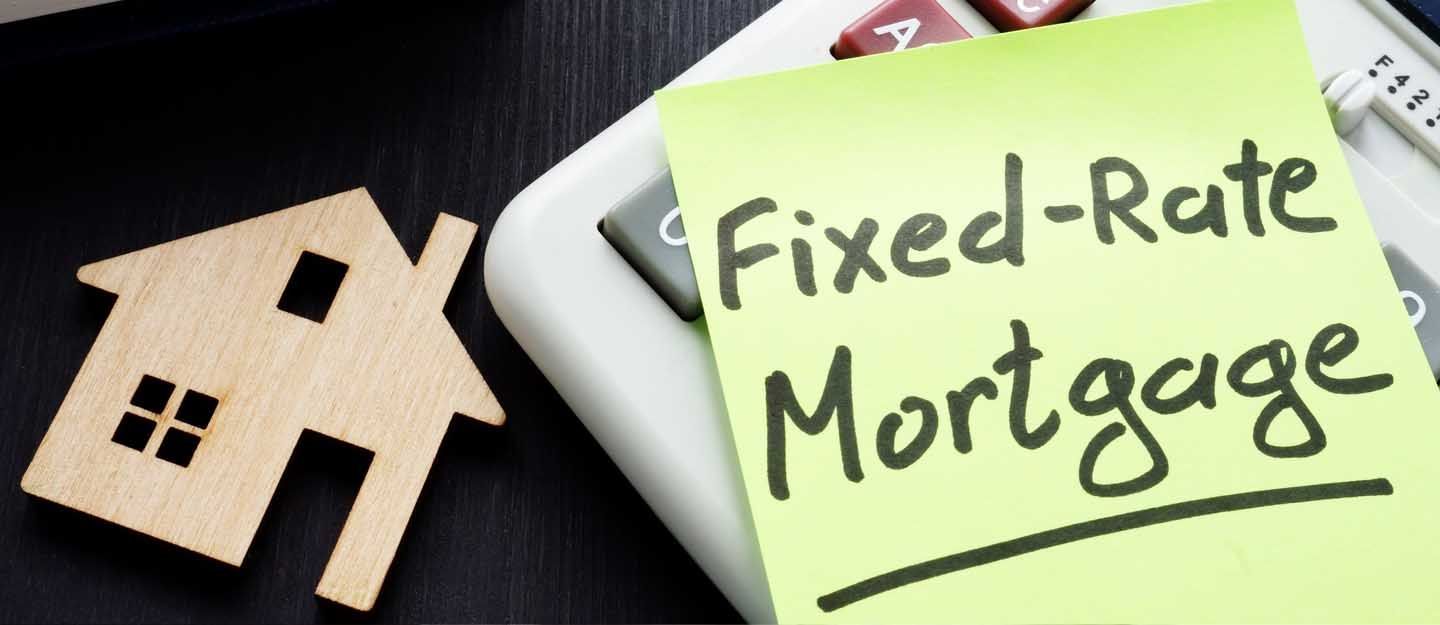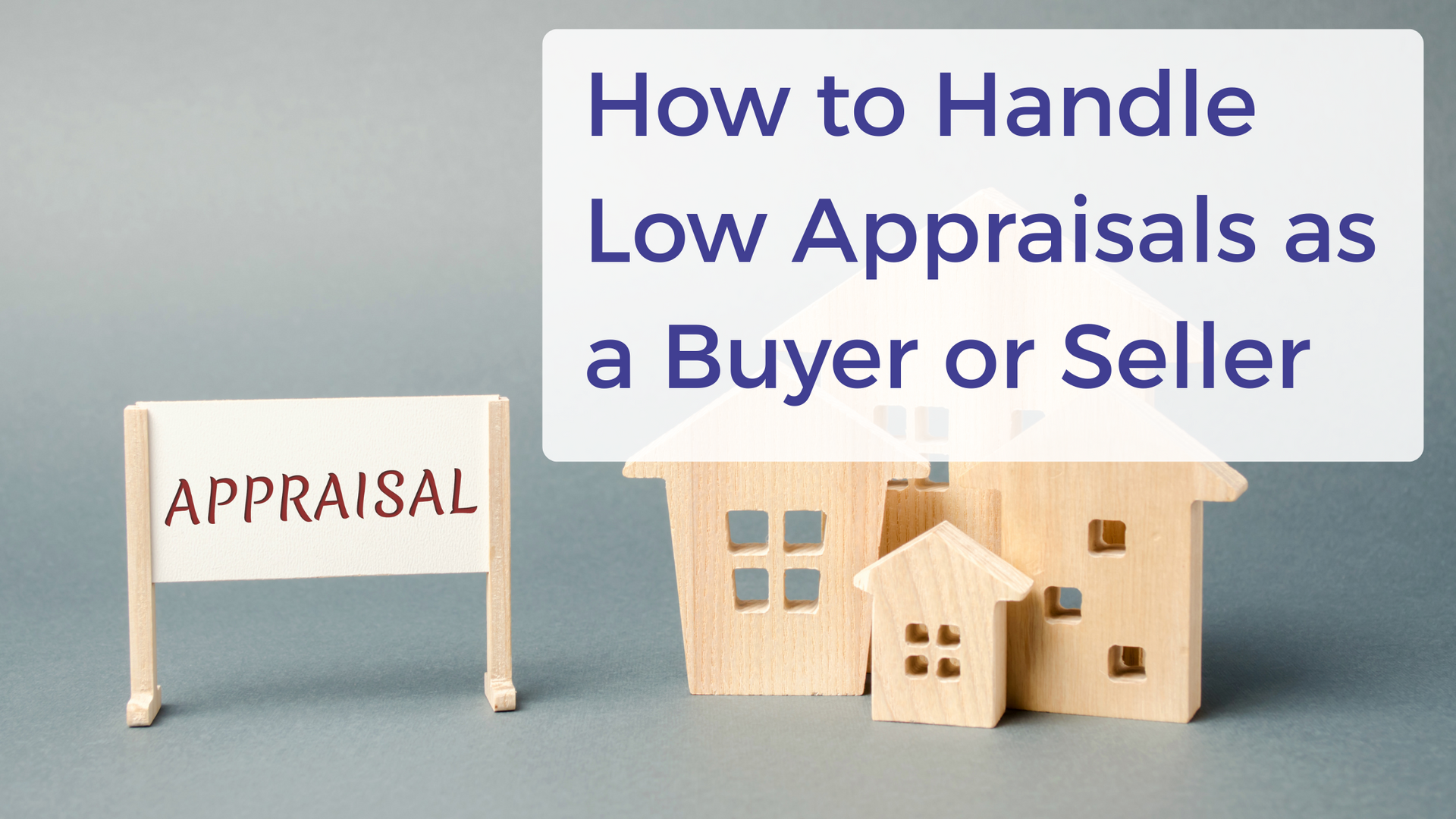When it comes to financing your home, one of the most popular options is the fixed-rate mortgage. This type of mortgage has its own set of advantages and disadvantages that can greatly influence your financial future. In this post, we’ll explore the key benefits and potential drawbacks of fixed-rate mortgages, helping you determine if this is the right choice for you.

What is a Fixed-Rate Mortgage?
A fixed-rate mortgage is a home loan where the interest rate remains the same throughout the entire term of the loan, typically 15, 20, or 30 years. This stability makes it a favored option for many homeowners.
Pros of Fixed-Rate Mortgages
- Predictable Payments
One of the biggest advantages of a fixed-rate mortgage is that your monthly payments remain constant. This predictability allows you to budget effectively, as you won’t have to worry about fluctuations in your mortgage payment due to changes in interest rates. - Protection from Rising Rates
If interest rates rise, your fixed-rate mortgage will shield you from increased payments. This can be particularly advantageous in a volatile market, ensuring that your financial obligations remain steady even as rates climb. - Long-Term Planning
Knowing your exact payment amount makes long-term financial planning much easier. You can confidently allocate your finances for other investments or savings without the uncertainty of potential rate changes. - Simplicity and Transparency
Fixed-rate mortgages are straightforward and easy to understand. There are no complicated adjustments or variables, making it simpler for borrowers to grasp their financial commitments. - Potential for Equity Growth
As you make consistent payments over time, you build equity in your home. This can lead to future opportunities, such as refinancing or leveraging that equity for other financial needs.
Cons of Fixed-Rate Mortgages
- Higher Initial Rates
Fixed-rate mortgages often come with higher interest rates compared to adjustable-rate mortgages (ARMs). If you plan to stay in your home for a shorter period, you might end up paying more in interest over time. - Less Flexibility
If interest rates drop significantly after you secure your fixed-rate mortgage, you might miss out on lower payment options. Refinancing can be an option, but it comes with additional costs and efforts. - Long-Term Commitment
Committing to a long-term mortgage means you’re locked into your current financial situation. If your income changes or your financial goals shift, it can be more challenging to adapt. - Higher Payments for Short-Term Loans
Fixed-rate mortgages with shorter terms can come with higher monthly payments. While you save on interest in the long run, the initial financial burden can be significant. - Potential for Slower Market Response
In a rapidly changing real estate market, fixed-rate mortgages may not allow you to take advantage of declining rates as quickly as other options might.
Conclusion
Fixed-rate mortgages offer a stable, predictable financing option for many homebuyers. However, they also come with certain drawbacks that you need to consider based on your financial situation and long-term plans. It’s essential to weigh these pros and cons carefully.
Considering a fixed-rate mortgage? Let’s discuss if it’s right for you! Reach out today to explore your options and find the best mortgage solution for your needs.

Buying a home is one of the most significant financial decisions most people will ever make. Yet, many buyers rush through the mortgage process, focusing on getting approved rather than fully understanding their options. As a mortgage professional, I see it often—borrowers end up with loans that don’t truly fit their needs, leading to higher costs, unnecessary stress, or even long-term financial strain.

Buying a home is one of the biggest financial moves you’ll ever make — and how you choose to finance it can make all the difference. Mortgages aren’t one-size-fits-all. The right loan depends on your budget, credit, long-term goals, and even where you plan to buy. Whether you’re a first-time buyer or upgrading to your next home, understanding your financing options can help you make a confident and informed decision. Here’s an overview of some of the most common mortgage types and what they mean for you.
